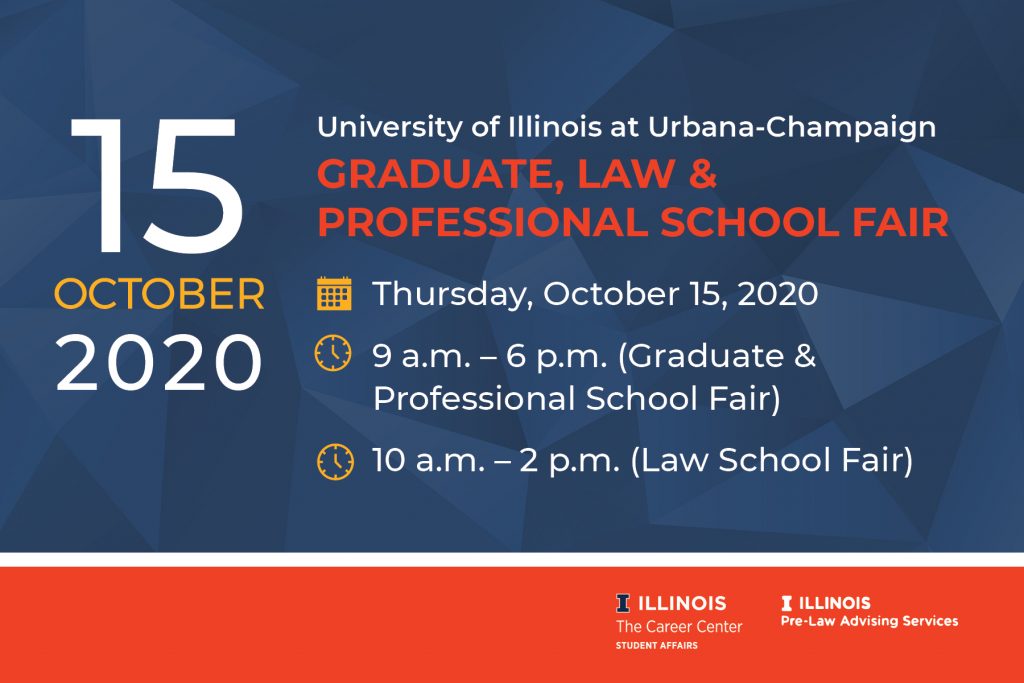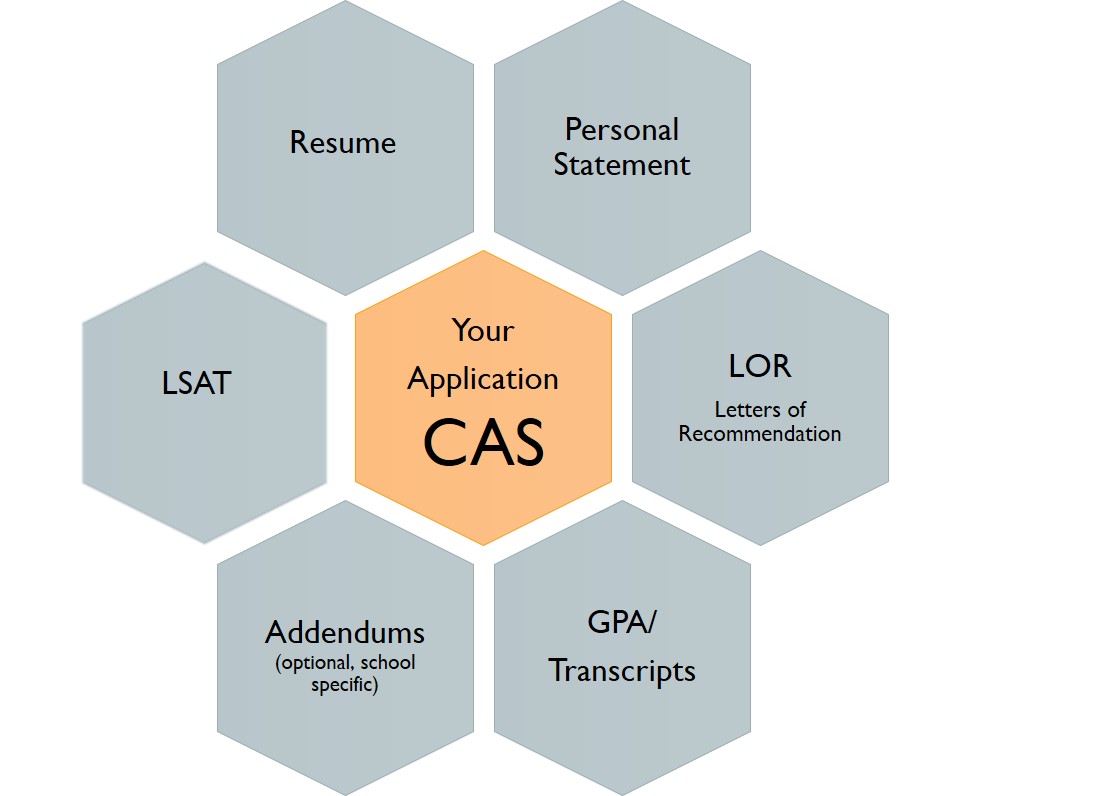Let’s talk about taking a gap year, or a few…
More and more law schools are highlighting the value and benefits of time off between undergrad and law school by encouraging students to diverge from the traditional path and consider a gap year. We understand that a gap year, or time off, is not everyone’s journey; however, we wanted to provide helpful information on gap years for those considering it.
WHAT IS A GAP YEAR?
A gap year (or gap years) is the time between graduating from undergrad and starting law school. It’s a time for self-exploration, resume building, networking, and most importantly: gaining experience. Most commonly, students will 1 year off, but many take 2+ years off. It’s a personal decision, so there is no right answer about how much time, if any, one should take off before pursuing law school.
WHY TAKE A GAP YEAR?
A gap year is NOT a bad thing. Going to law school right after undergrad is not always the best option for students, so taking the time off to recoup and align one’s goals is always a good idea.
Students have lots of reasons for taking a gap year including:
-
- Professional Work Experience
- Completing Post Graduation Training or Degrees (Masters)
- Financial Wellness
- Pursuing Passions
- Clarify Education & Professional Goals
- Personal Preparedness & Wellness
There can be certain stigmas about not continuing your education immediately upon graduation from undergrad, but we are here to tell you that is not the case. Many law schools indicate that they even prefer students have at least one year of experience before applying. Taking time off between undergrad and law school does not mean you’re a failure. It does not mean that you didn’t have a clear path. And it certainly does not mean that you cannot still attend law school!
WHAT CAN I DO DURING A GAP YEAR?
Whether that’s accepting a job in a law-related field (such as a paralegal, an aid on the Hill, or a legal assistant) or something completely unrelated – a gap year is whatever you make of it. Just make sure whatever you choose it is intentional and benefits your goals!
In addition to working, a gap year provides an excellent opportunity for you to expand your network. You’ll meet many people and have the chance to connect with various individuals in the field. Networking will also provide you with one’s firsthand experience and an inside look on the legal market. It can help solidify your decision to pursue a career in law, or can leave you with important information to consider before applying. Setting up these connections early is beneficial, and will benefit you in a few years when you’re competing in the legal job market!
GAP YEAR BENEFITS
-
- Networking…
- Time (to study for your LSAT, focus on your applications)…
- An opportunity to boost your GPA with senior year grades…
- Build a relationship with an employer for a potential letter of recommendation…
- Improve your financial situation…
- Do something that you might not have been able to do had you gone straight to law school, or something that you might not be able to do after graduating law school…
Ultimately, whether you take a gap year or go straight through to law school, it is a personal decision. Consider what path is best for YOU and what makes sense for YOU. As always, feel free to make an appointment with Pre-Law Advising Services to discuss the right choice and path for you!





